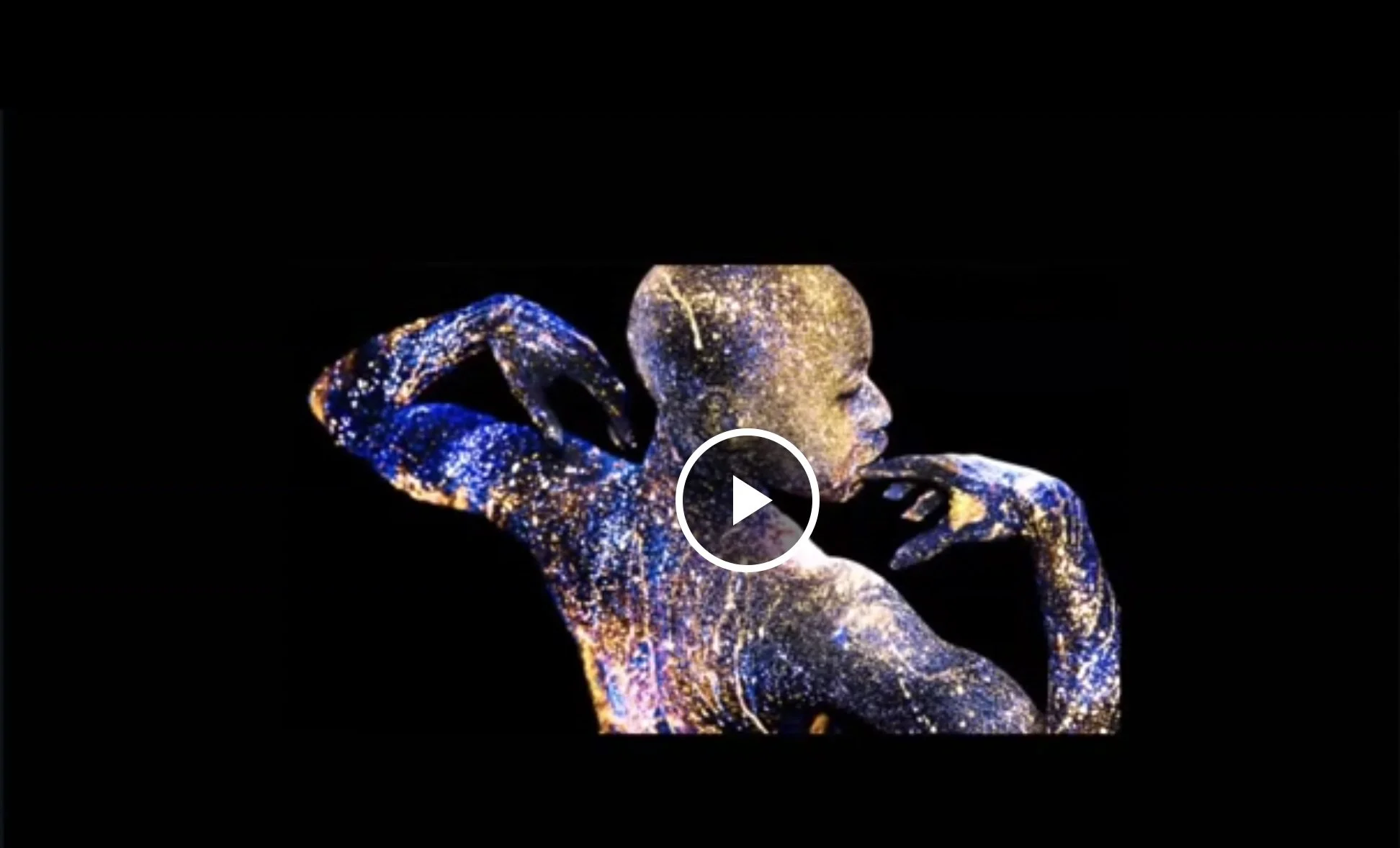Groundbreaking Black Education scholarship helpful to understanding and operationalizing Black children’s possibility.

2025 Spring Colloquium
On Blackness, Liveliness, and What It Means to Be Human: A Virtual Colloquium on Conducting Critical Education Research featuring Dr. Wilson Kwamogi Okello

